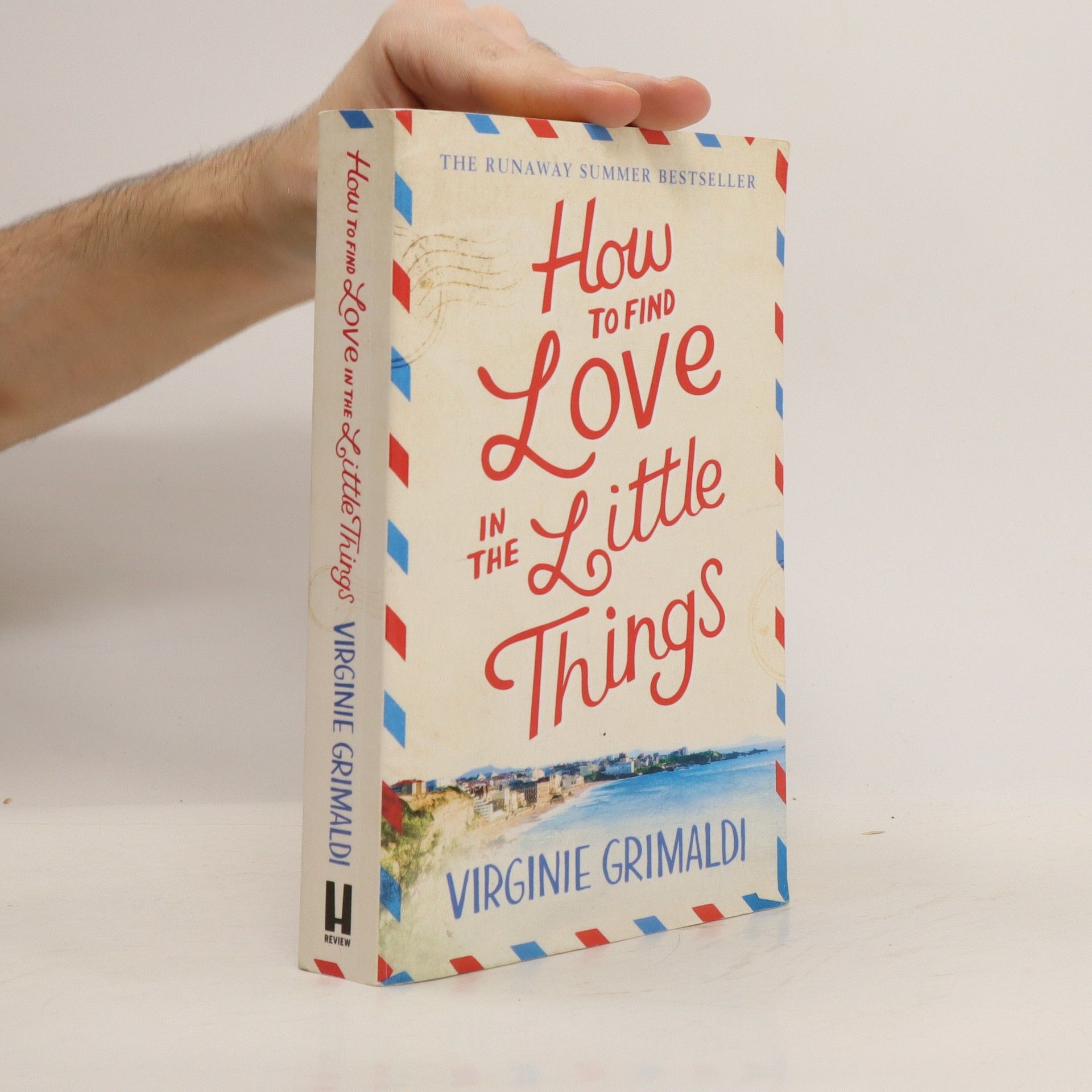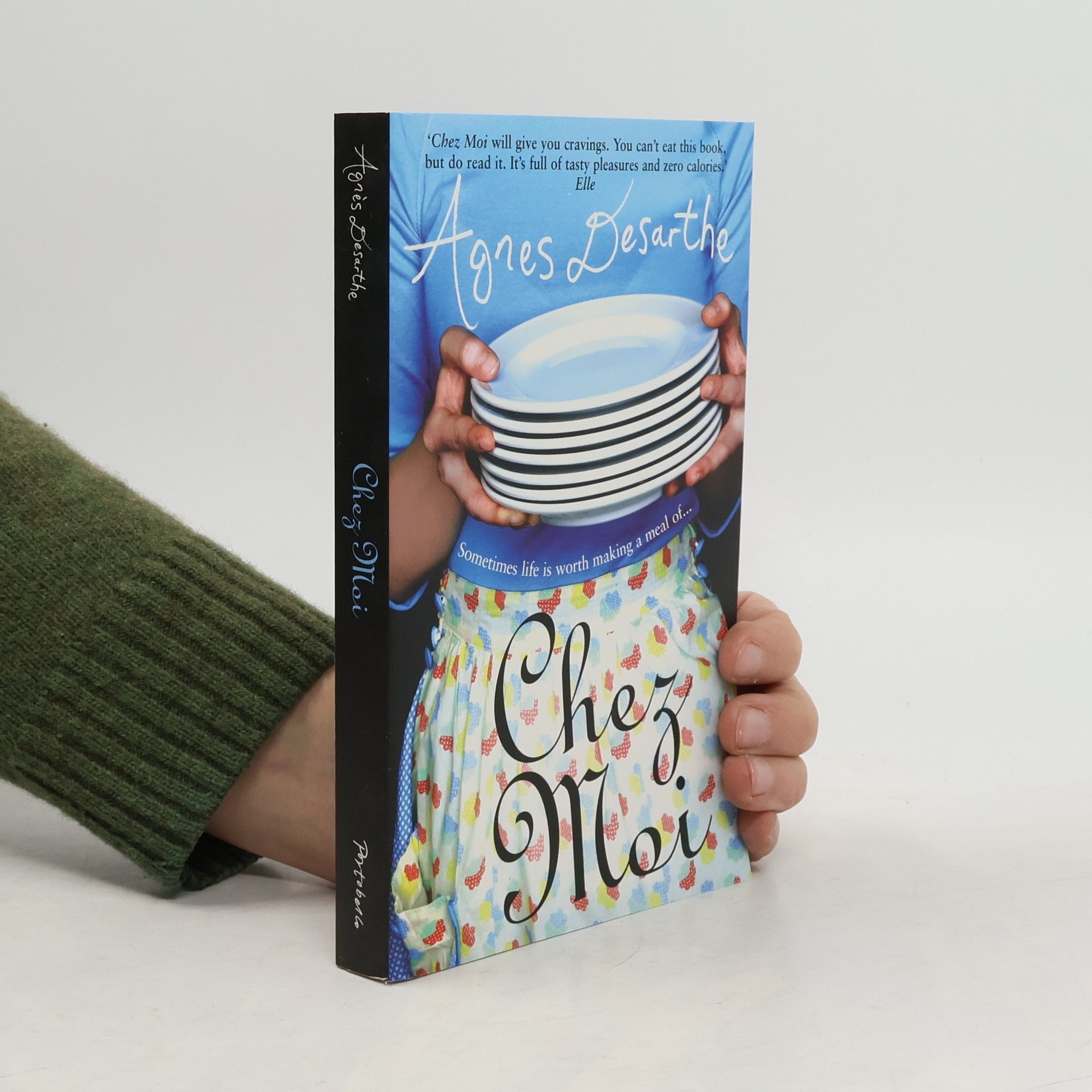El Corazón de Frida Kahlo En París
- 184 páginas
- 7 horas de lectura
Enero de 1939. Frida Kahlo llega a París. André Breton, deslumbrado por sus primeros cuadros, la ha calificado de surrealista y le ha prometido montarle una exposición. La breve estancia de la pintora en la capital francesa sirve para que conozca –y critique ferozmente– los círculos artísticos de la ciudad. También, para exponer en una galería y para que Picasso reconozca su talento único y escriba a Diego Rivera: “Ni tú ni Derain ni yo somos capaces de pintar una cara como las que pinta Frida Kahlo de Rivera”. Corren tiempos difíciles, la guerra civil española se desangra en refugiados que intentan cobijarse en Francia, y en esas semanas, asimismo, Frida ayuda a la causa. Durante su estancia en París es acompañada por Michel Petitjean, el enlace con la galería, al que regala como despedida uno de sus cuadros: El corazón. La obra ocupa un lugar de honor en casa del joven, que siempre recordará con admiración a la artista. Años después Marc Petitjean, hijo de Michel, recibe una inesperada noticia sobre su padre y decide investigar esas vibrantes semanas con Frida Kahlo. Aquella que en su día asegurara a Breton, el Papa del Surrealismo: “Yo no pinto mis sueños, sino mi propia realidad”.



